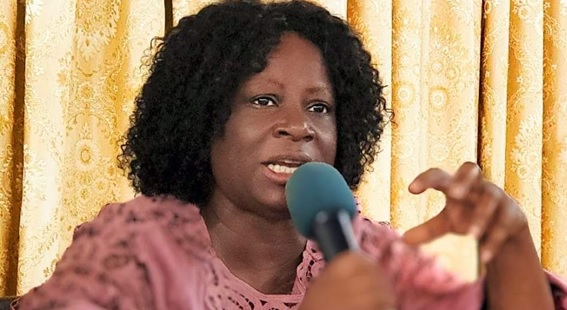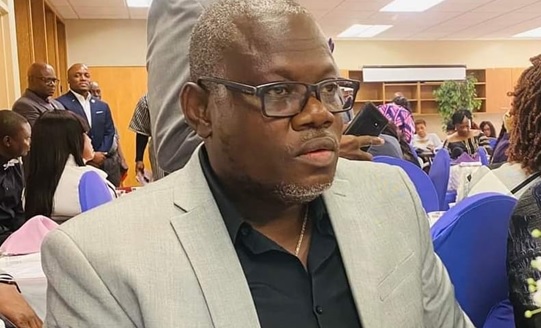MONROVIA, LIBERIA – The Liberian Senate’s recent approval of a bill to create an Independent Seaport and Inland Ports Regulatory Authority has generated debate, with many critics accusing Senate Pro-Tempore Nyonblee Karnga-Lawrence of using the legislation to further her personal political agenda at the expense of national stability. While supporters view the bill as a transformative step, opponents believe it could lead to chaos by decentralizing the management of Liberia’s ports.
Passed on November 19, 2024, the bill aims to give regional ports autonomy, but critics argue that this could allow Pro-Tempore Karnga-Lawrence to gain control over the Buchanan Port, potentially laying the groundwork for her rumored 2029 presidential campaign. Observers note that Liberia’s move contrasts with regional best practices, as countries like Ghana, Nigeria, and Côte d’Ivoire have maintained centralized port systems that ensure financial stability and strategic oversight.
David F. Williams, a former Managing Director of the National Port Authority (NPA), has been one of the strongest critics of the bill. He argues that decentralizing port management would create inefficiencies, fragmentation, and financial instability. Smaller ports, which rely on the NPA for support, could collapse without it. Williams warned that granting autonomy to ports would weaken national security by creating fragmented oversight, making it harder to control smuggling and unauthorized entries.
Other experts have voiced similar concerns, arguing that decentralization could lead to regulatory failures, putting national security at risk. They warn that allowing port autonomy might set a dangerous precedent, with other sectors, such as border management, seeking similar independence, further undermining the central government’s authority.
Port workers and civil society groups have also strongly opposed the bill, accusing Karnga-Lawrence of prioritizing personal ambitions over the nation’s interests. The NPA United Workers Association criticized the proposal, suggesting that decentralization would destabilize Liberia’s port infrastructure, reduce service quality, and place unnecessary burdens on the Executive branch of government. Tracy Lal Kpehe, representing the group, emphasized the need to strengthen the centralized port system rather than fragment it.
Critics have also raised concerns about the economic consequences of the bill. They argue that smaller ports, especially those in less commercially viable locations, could face significant financial challenges without the NPA’s support. With the NPA currently absorbing liabilities from these ports, the decentralization could lead to unsustainable debts or even closures, putting Liberia’s trade ecosystem at risk.
John Stewart, a Commissioner with Liberia’s Truth and Reconciliation Commission (TRC), criticized the bill in a recent social media post, calling it “obnoxious and self-serving.” He accused Karnga-Lawrence and Senator Darius Dillon of advancing their personal political goals instead of addressing Liberia’s developmental needs.
Grace RK Guar, a social justice advocate, acknowledged that decentralizing port management could enhance transparency and accountability. However, she cautioned that without strict oversight, it could also exacerbate issues of poor governance and corruption. She stressed the need for safeguards if decentralization were to move forward.
The broader implications of the bill for Liberia’s governance and economic development have also been a point of contention. Critics argue that decentralized port management could undermine Liberia’s ability to attract foreign investment and create a unified approach to economic growth. A centralized system, they believe, is essential for ensuring stability and operational efficiency.
Despite the widespread criticism, the Senate has passed the bill. Civil society groups, experts, and concerned citizens continue to voice their opposition, viewing the passage of the bill as a potential threat to country’s progress and economic stability. Port workers have called for a reassessment of the Senate’s approach, advocating for reforms within the existing centralized structure that has traditionally ensured the country’s strategic oversight and financial stability.







